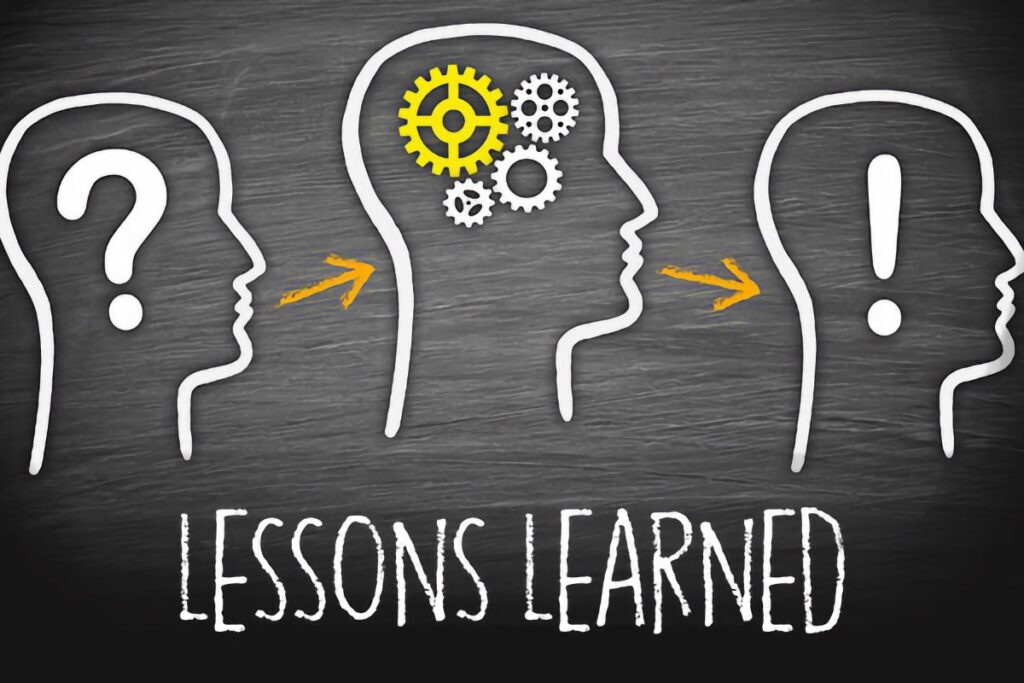The Lessons Learned Method for Managers
Projects and products often encounter setbacks and failures. Project managers frequently take on the role of firefighters — once a problem is resolved, the team moves on. While this approach might work in the moment, every issue presents an opportunity to learn and improve for the future. If your company has more than one project […]
The Lessons Learned Method for Managers Read More »










